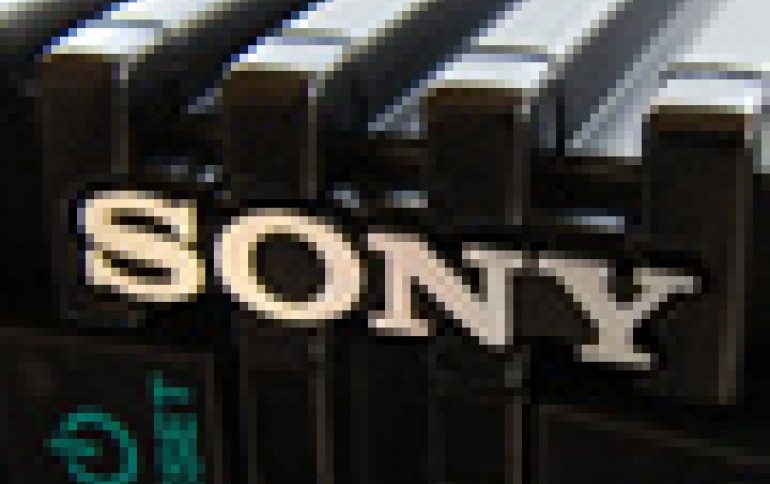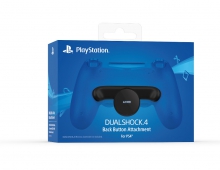
Sony To Provide Unity Development Environment For PS4, PS3, PS Vita And PS Mobile
Sony Computer Entertainment (SCE) and Unity Technologies have partnered to offer the Unity development environment for PlayStation with optimized deployment for PlayStation 4, PlayStation 3, PlayStation Vita (PS Vita) and PlayStation Mobile (PSM).
Unity for PlayStation will use the same integrated development environment that millions of developers around the world have adopted. SCE plans to release PlayStation platform development tools this fall.
With the power of Unity's integrated development environment, developers with a license agreement from SCE for the PlayStation SDKs will be able to build and deploy entertainment experiences for PS4, PS3, and PS Vita without spending many resources on complex programming processes. Unity for PlayStation enables developers to easily port their games to PS4, PS3, PS Vita and PSM without the need to rewrite the code from scratch. Moreover, Unity developers can now bring their IP to dedicated console systems like PS Vita, where users can play their games incorporating features like rear touchpad, dual analog sticks, front-and-rear cameras and six axis motion sensor.
Unity for PlayStation also allows Unity developers to create games for PSM more efficiently without the need for an additional PlayStation Mobile SDK. Both Unity for PlayStation and PSM SDK use the .NET framework allowing for easy transition between the two tools. In addition, Unity developers can port their games created for iPhone, iPad, and Android based smartphones and tablets to launch on PSM, removing the need for extensive re-coding.
SCE will also enable developers to create games for future cloud services delivered by SCE, by utilizing Unity for PlayStation.
Games developed using Unity for PlayStation will be available on PlayStation Store (PS Store). SCE will also offer Unity developers opportunities to integrate popular PlayStation Network features such as trophy functionality into their games.
Unity game developers on all PlayStation platforms including PSM can tap into the Unity Community, where they can access tips and tutorials, freely shared scripts and shaders, and helpful books. Also, with the Unity Asset Store digital marketplace, Unity developers can take advantage of over 6000 asset packages. Often available for free or at nominal cost, these include items such as high quality 3D objects and animation, advanced particle effects and shaders, AI and physics setups, and sounds and tool extensions.
With the power of Unity's integrated development environment, developers with a license agreement from SCE for the PlayStation SDKs will be able to build and deploy entertainment experiences for PS4, PS3, and PS Vita without spending many resources on complex programming processes. Unity for PlayStation enables developers to easily port their games to PS4, PS3, PS Vita and PSM without the need to rewrite the code from scratch. Moreover, Unity developers can now bring their IP to dedicated console systems like PS Vita, where users can play their games incorporating features like rear touchpad, dual analog sticks, front-and-rear cameras and six axis motion sensor.
Unity for PlayStation also allows Unity developers to create games for PSM more efficiently without the need for an additional PlayStation Mobile SDK. Both Unity for PlayStation and PSM SDK use the .NET framework allowing for easy transition between the two tools. In addition, Unity developers can port their games created for iPhone, iPad, and Android based smartphones and tablets to launch on PSM, removing the need for extensive re-coding.
SCE will also enable developers to create games for future cloud services delivered by SCE, by utilizing Unity for PlayStation.
Games developed using Unity for PlayStation will be available on PlayStation Store (PS Store). SCE will also offer Unity developers opportunities to integrate popular PlayStation Network features such as trophy functionality into their games.
Unity game developers on all PlayStation platforms including PSM can tap into the Unity Community, where they can access tips and tutorials, freely shared scripts and shaders, and helpful books. Also, with the Unity Asset Store digital marketplace, Unity developers can take advantage of over 6000 asset packages. Often available for free or at nominal cost, these include items such as high quality 3D objects and animation, advanced particle effects and shaders, AI and physics setups, and sounds and tool extensions.





















